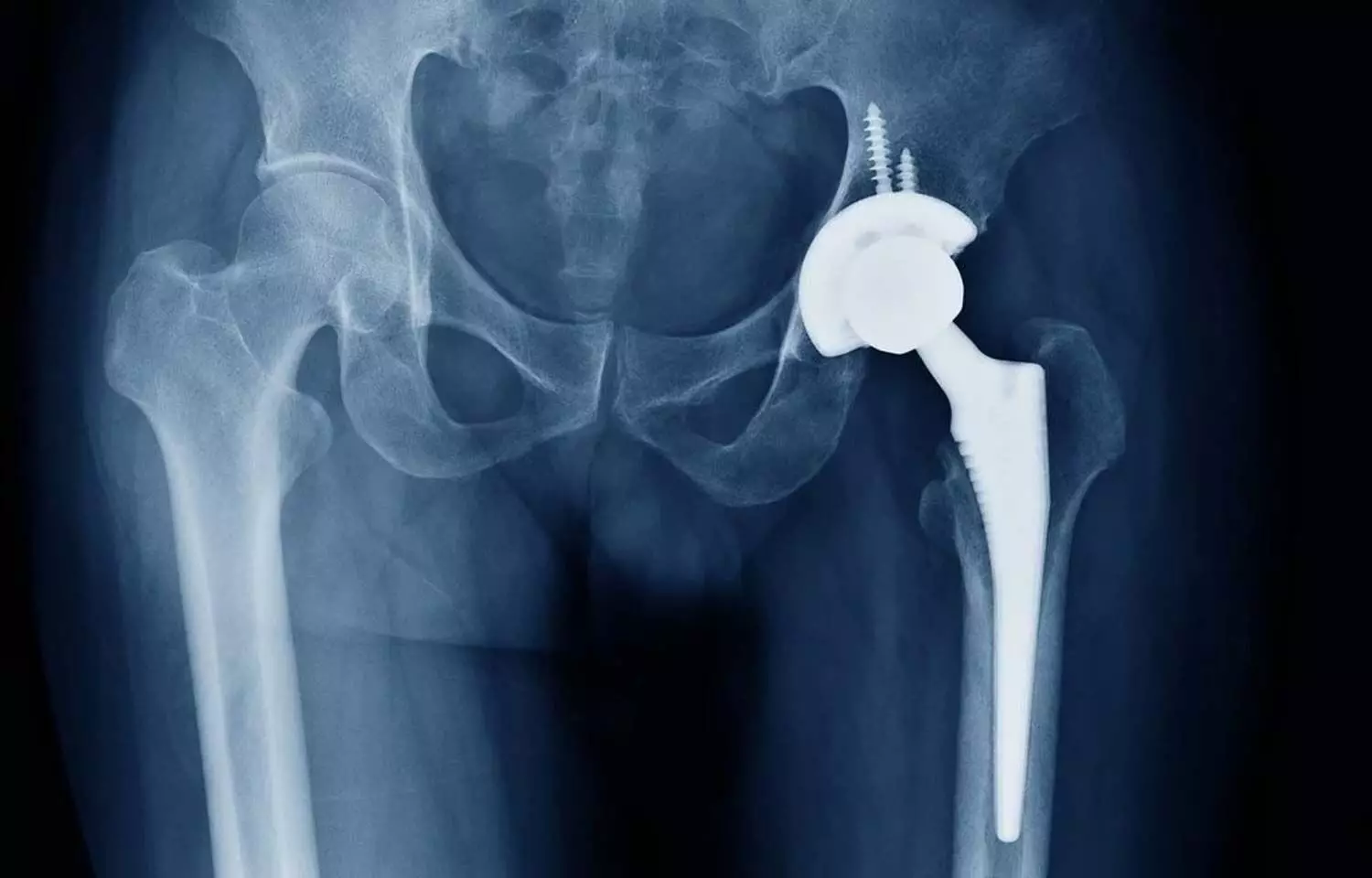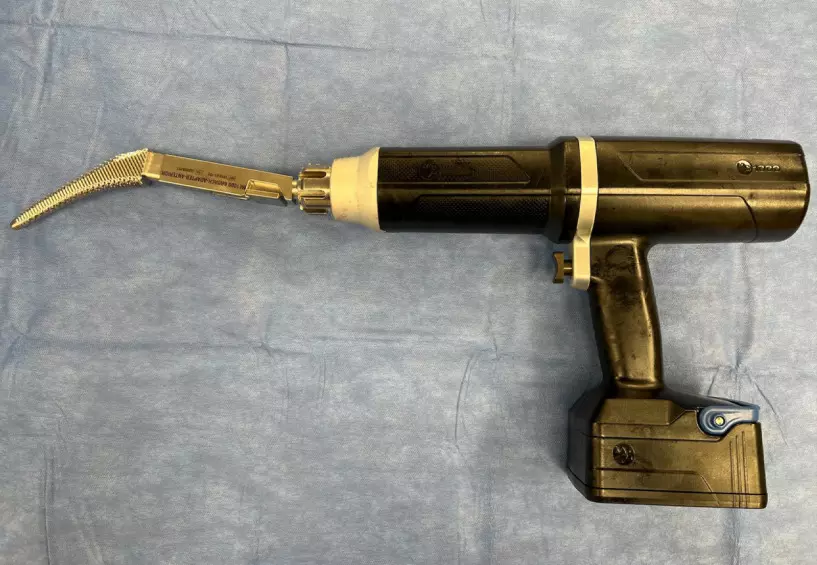Semaglutide use before Total Hip Arthroplasty may reduce postoperative infection and readmission: Study

In the ever-evolving landscape of diabetes management, semaglutide has emerged as a formidable player, celebrated not just for its prowess in glycemic control but also for its unique ability to induce weight loss. The latest research endeavor has turned its attention to the role of semaglutide in the aftermath of total hip arthroplasty (THA), aiming to decipher whether patients on this medication experience fewer complications, decreased readmissions, and reduced costs post-surgery. This study sheds light on the positive outcomes associated with semaglutide users undergoing THA, specifically revealing fewer 90-day readmissions and a decrease in 2-year prosthetic joint infections.
- Semaglutide users stood out with lower 90-day readmission rates (6.2% versus 8.8%; odds ratio 0.68; P < .01) and a notable reduction in prosthetic joint infections over a 2-year period (1.6% versus 2.9%; odds ratio 0.56; P < .01).
- These positive outcomes underscore the potential benefits of semaglutide in improving post-THA recovery.
- While these findings point to encouraging trends in readmissions and joint infections, the study did not identify significant differences in medical complications, hospital stays, or costs associated with same-day surgery and the 90-day episode.
Further reading: Magruder ML, Miskiewicz MJ, Rodriguez AN, Mont MA. Semaglutide Use Prior to Total Hip Arthroplasty Results in Fewer Postoperative Prosthetic Joint Infections and Readmissions. J Arthroplasty. 2024;39(3):716-720. doi: 10.1016/j.arth.2023.12.023

